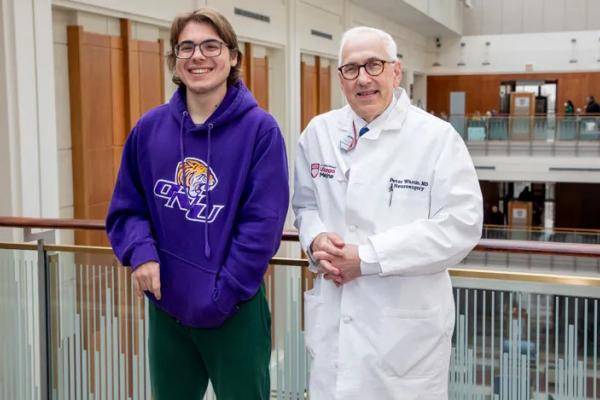
UChicago Medicine was one of the first places to perform a safer, less-invasive surgery for epilepsy using lasers. 18-year-old is now seizure-free, thanks to a laser-guided brain surgery performed by Professor Peter Warnke, MD (Neurology).
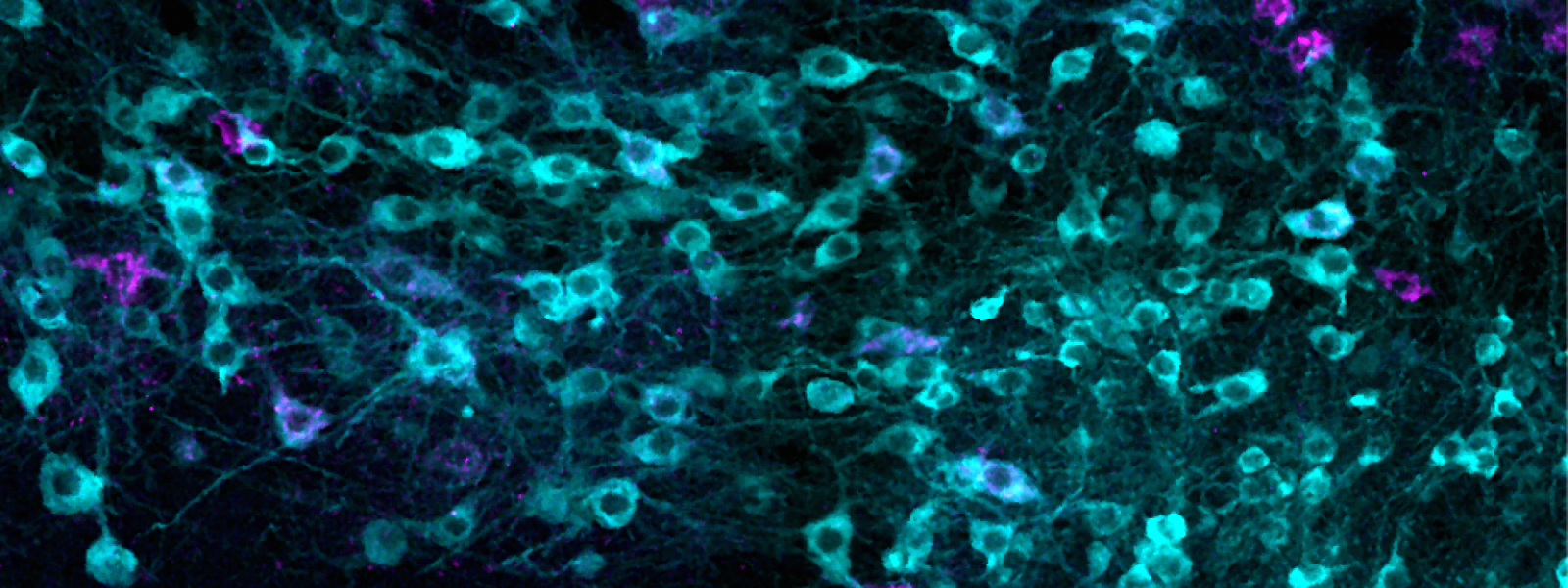
Sign up for our Neuroscience Newsletter to receive articles as soon as they're posted.

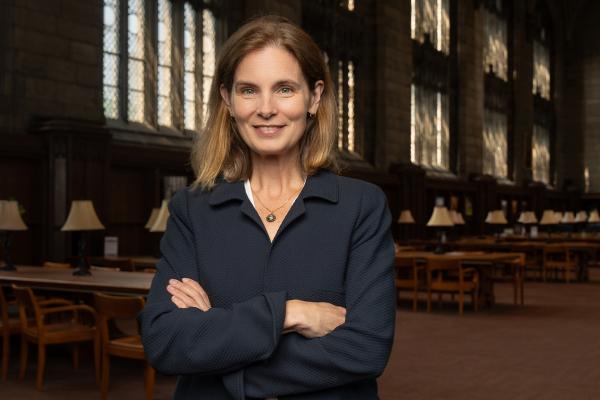
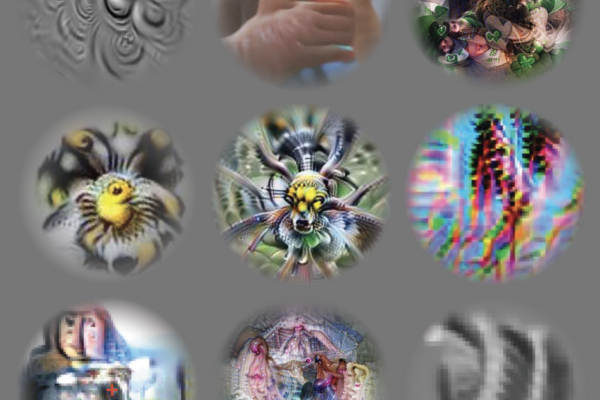
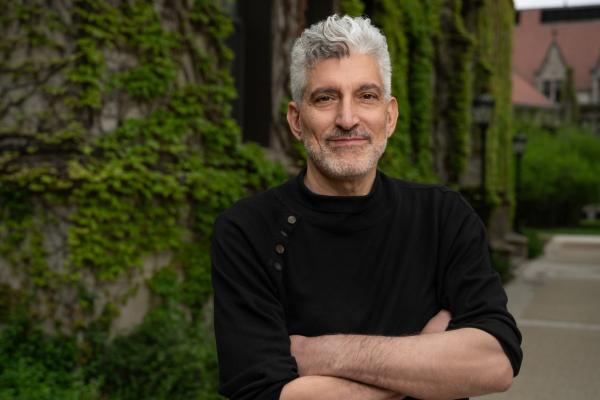
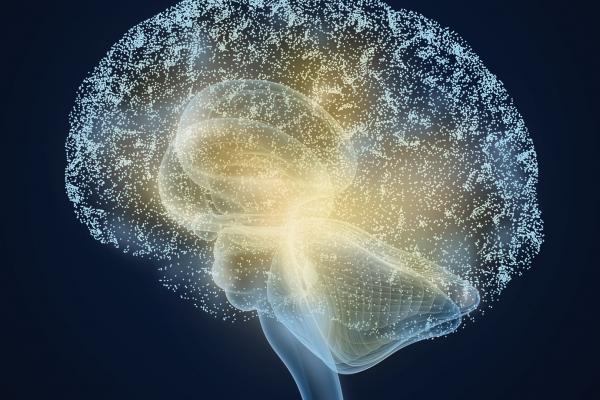
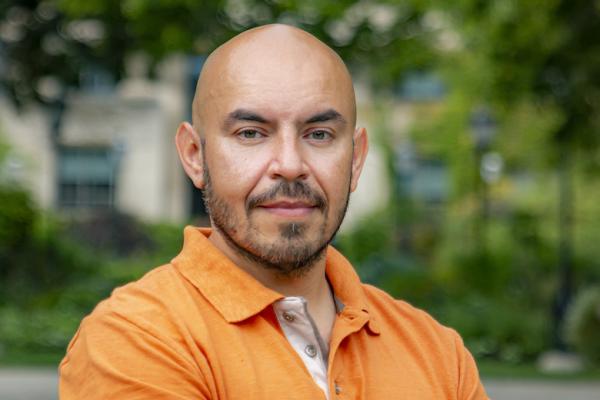
Sign up for our Neuroscience Newsletter to receive articles as soon as they're posted.
© 2024 The Neuroscience Institute. All Rights Reserved. Web Design by EDUCO